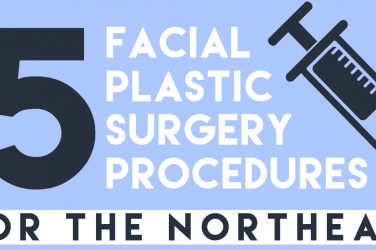Most workers in the United States are unsure about what their Employers may have the right to ask when they are calling in sick. And as it happens to be, many Employers are not sure either.

Generally, Employers can inquire about the details of your illness when you call in sick. In most cases, it is a reasonable request to ask the Employee about what the matter is. The Employee is required to give a brief explanation about their absence whether it is for a minor injury, illness or in the case of a sick child.
In many cases, eyebrows won’t be raised if you’re only absent for one day and a no-questions-asked sick leave policy may apply.
When Is A Sick Note Required?
It is a Manager’s prerogative to ask follow-up questions if she wishes to do so. But when you’re applying general best practice, a Manager must respect the privacy of an Employee and stick to enquiring about when the Employee will be returning to work.
Legally, an Employer can request for a doctor’s note when you use sick leave. However, the note doesn’t need to contain a diagnosis or private patient information. The letter only requires divulging that you have seen a medical practitioner and give confirmation that you need sick leave.
Minor illnesses like the flu and colds, for the most part, don’t necessarily require medical assistance and a few days in bed with meds is all that is necessary for recovery. If an Employer insists on a sick note, not only will this result in driving up health care costs unnecessarily, but it will also discourage people from using sick leave and staying in bed when they’re feeling unwell. If you have taken some time off and need to return to work without the hassle of being questioned, you can visit bestfakedoctorsnotes.net for assistance.
The ADA (Americans with Disabilities Act) offers protection to workers with mental or physical impairments that considerably limit one or more of a person’s life activities such as walking, breathing, seeing, hearing or walking.
The ADA does permit Employers to ask about an employee’s ability to perform job-related functions and can ask the Employee with a probable ADA situation when he or she can be expected to return to work. However, the Employer’s questions should only be job-related and accordant to business necessity. For example, if you’re calling to inform the Employer about checking into a mental health facility (covered by the ADA), the employer is at liberty to ask when you’ll be expected back but can’t ask any questions beyond that.
What Should You Say To Your Employer When Taking A Day Off?
Unfortunately, many employees often abuse the benefit of sick leave, therefore, compelling Employers to be stricter in this regard.
Generally, it can be useful to consider why he is asking questions. Most Employers may ask the question for undemanding or polite reasons and is simply enquiring out of concern for you or only because they need to plan for your absence by hiring a temp or having another employee stand in for you.







